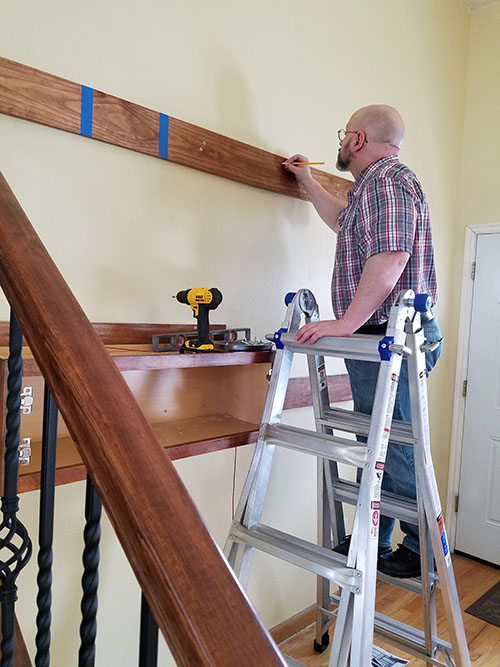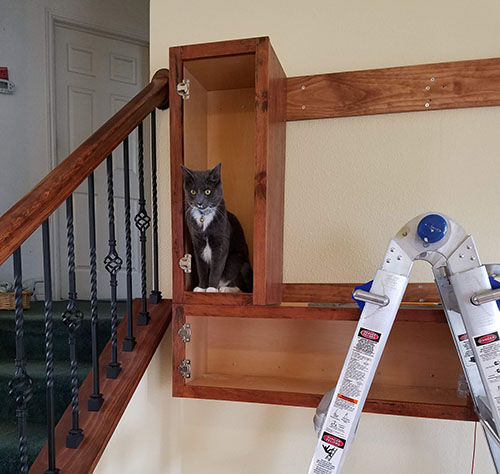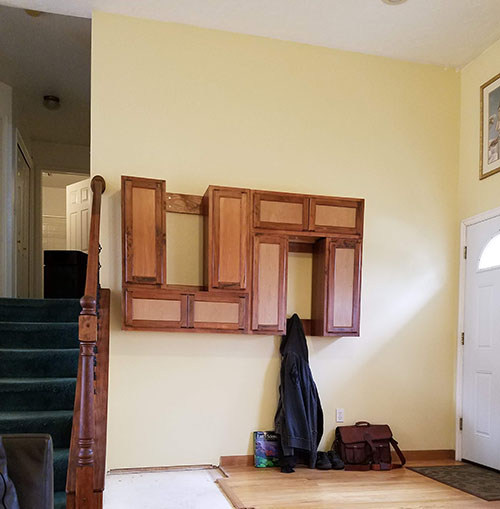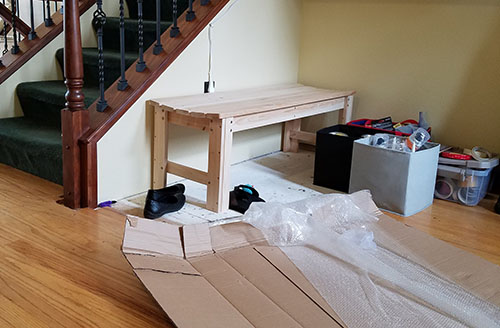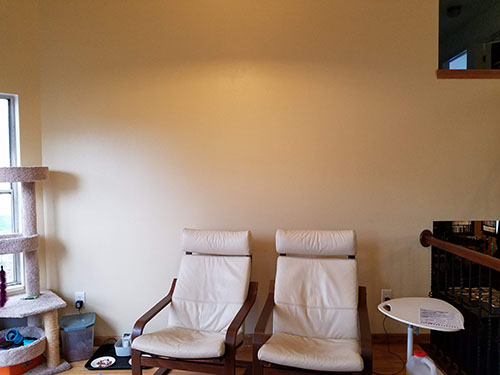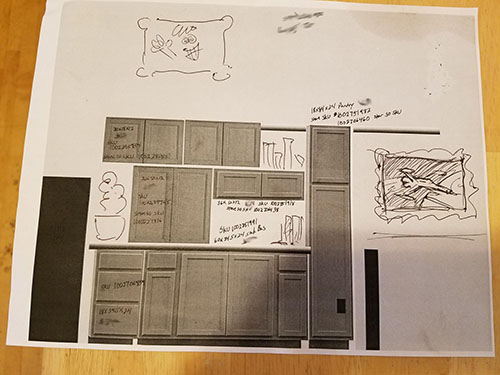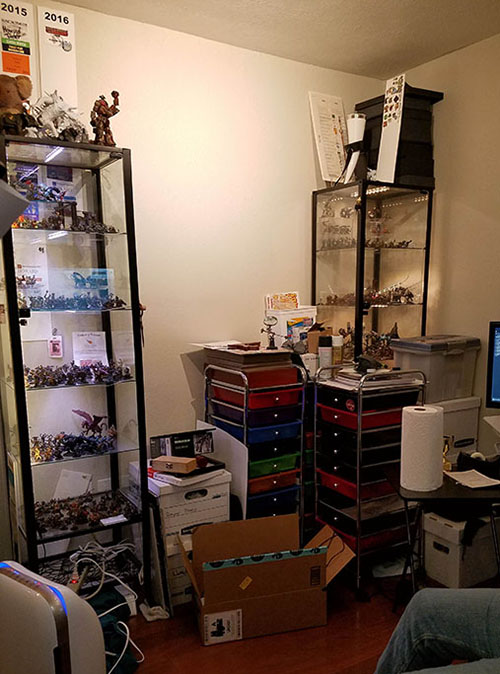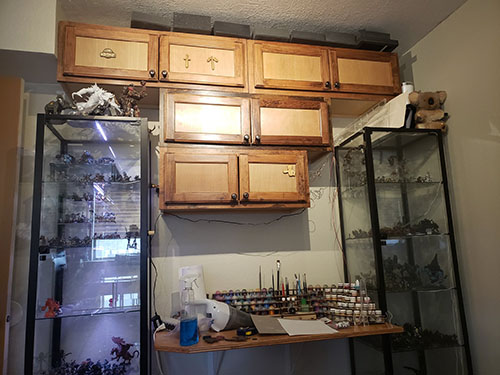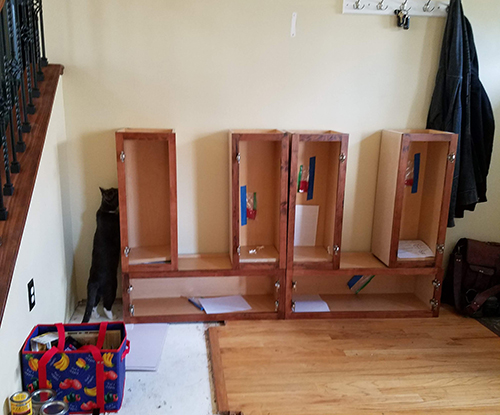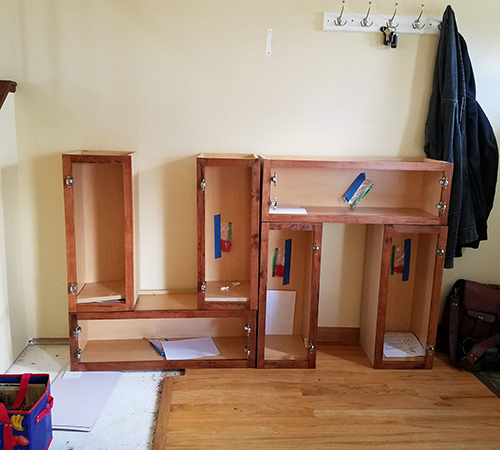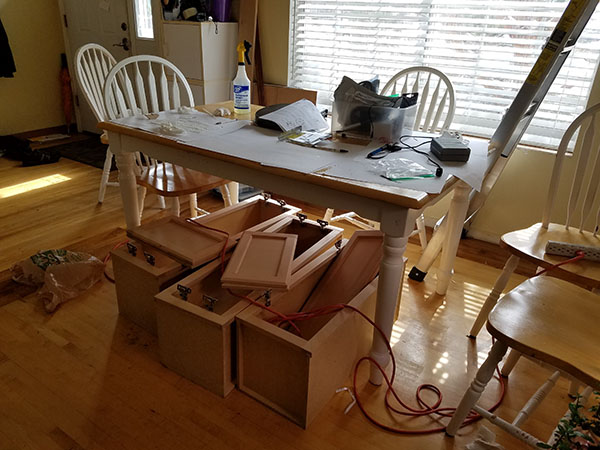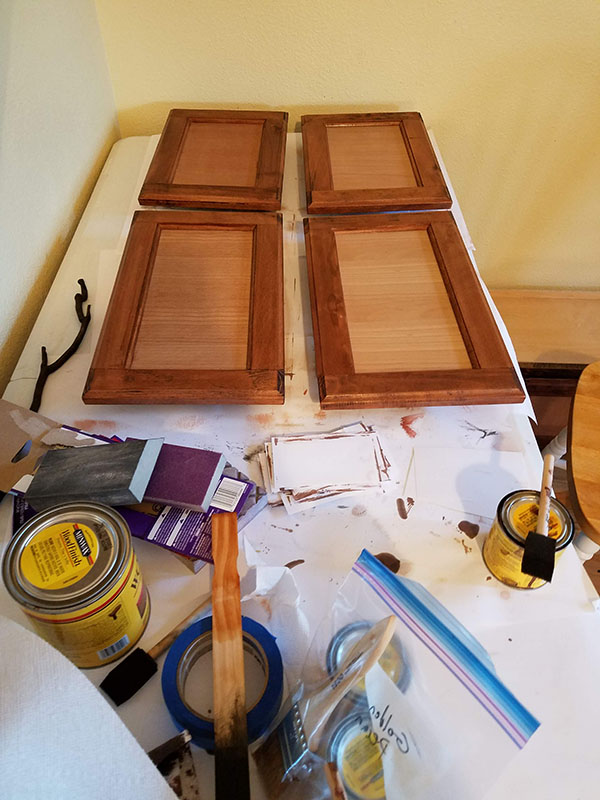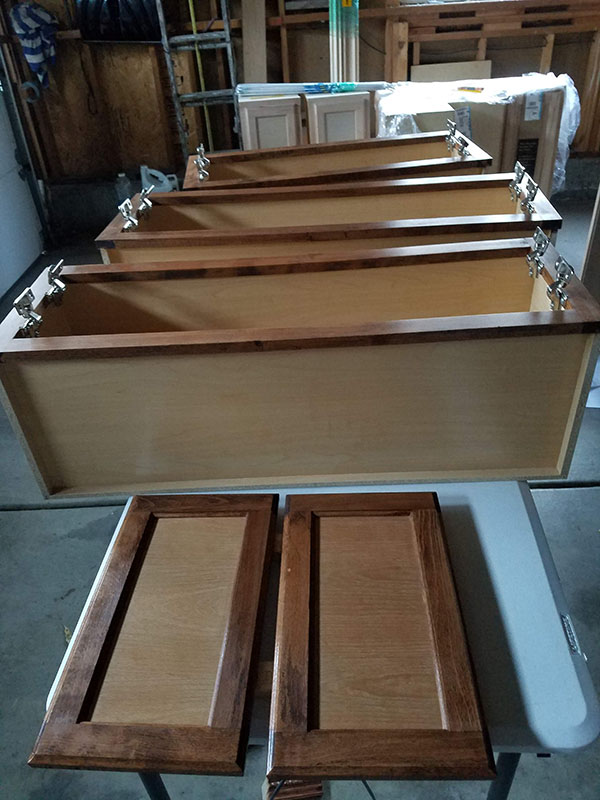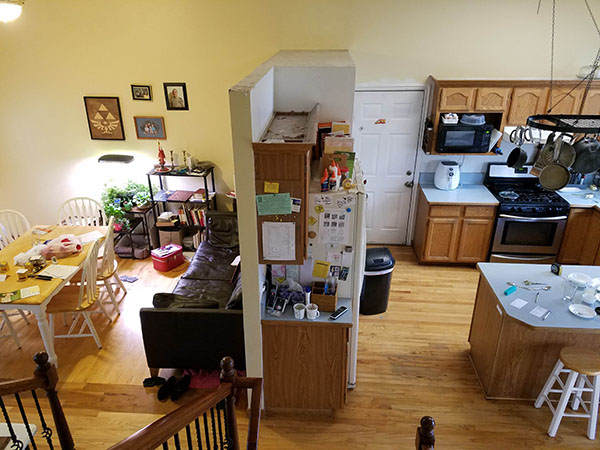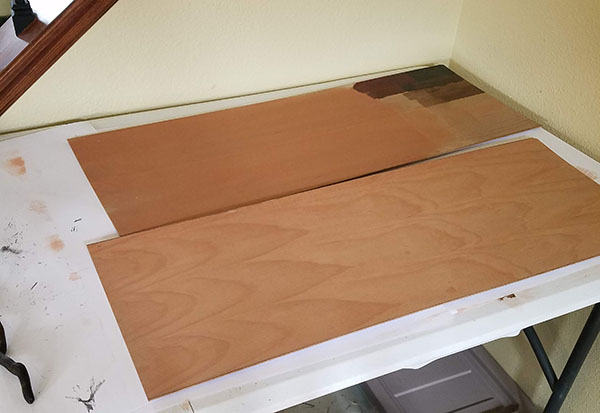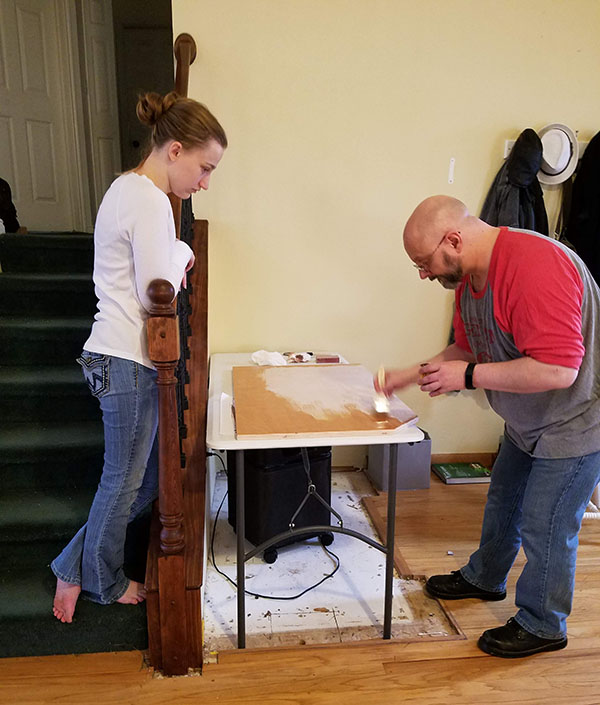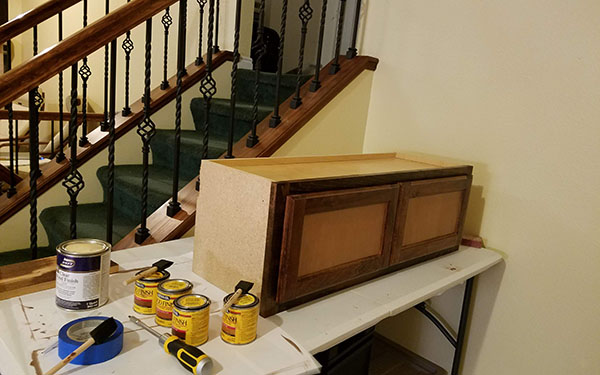Life has been busy and I haven’t had a lot of time free for thinking. I’ve been spending time assisting one of my kids through college orientation and registration along with the cloud of related adulting tasks. Another child acquired a boyfriend, which is a first for any of my kids and so it has sparked a lot of conversations while we all adjust. (We all like the boyfriend, so that is good.) A third child made a course shift in his life plan for the future (equivalent to changing majors), a good one, but needed help processing the decision. The fourth kid once again needs help rescuing classes from failure, and larger help figuring out why he shuts down so completely that he ends up not doing simple tasks that would keep him on track. I acquired a writing support group that looks like it will be amazing for me, but it means new friendships to build foundations for, and that takes thought. Also, because of the new group, I’ve been diving back into work on my middle grade novel, which takes lots of brain time. Several friends had need of support, so I put time and emotion into that. And I was knocked flat by flu for several days.
The vast majority of Things Going On have been good things, but it has me falling behind on business tasks and blogging. Here are the things I haven’t blogged yet, but mean to:
Our bus day. During spring break I declared a Bus Day. I’ve got a kid who intends to live at home while attending college, but doesn’t have a driver’s license. They need a way to transport themselves to school. So we did a family outing where the whole point was to ride the public transit system. I picked a destination in the next town over. (The Good Move Cafe in downtown Provo, which was a delight.) Then we walked ourselves to the nearest bus stop and rode until we got there. It was a fun adventure during which we all learned that local public transit is safe, clean, and more convenient than we expected. We’ll likely have multiple more bus riding adventures to acclimate college-bound kid to the whole system long before the first day of classes in August. This is how we break down the barriers into tiny little steps so that anxiety doesn’t make college crash and burn.
Long Slow Remodel weeks 5 and 6. The cupboards are on the wall. They have been for nearly two weeks now. We love them. There are still finishing touches to put up, but the remodel is beginning to shift into it’s next phase. I want to write it all up with pictures.
Between me and focused blogging are:
a dentist appointment to get some teeth filled, one of which has developed a sharp pain at food temperature differentials.
The very last bit of shipping for the Kickstarter on Schlock Books 14 & 15. Thirty-six packages and it is done.
A day trip (using public transit) up to Salt Lake City for FanX. I’m on one panel Friday afternoon and I’m taking college-bound kid with me for public transit experience and for cosplay squee.
Relatives in town and staying at my house for a family event.
Attending the family event.
A pile of smaller To Do items, appointments to keep, appointments to make, etc.
Once again, the list is full of good things. Life is mostly good. The harder bits seem spaced further apart and don’t seem to sink quite as deep as they used to.
And now that I’ve written all of that down, perhaps I’ve emptied my brain enough that I can go back to sleep. Being awake thinking about all the things is not my favorite activity for 2:30 am.
